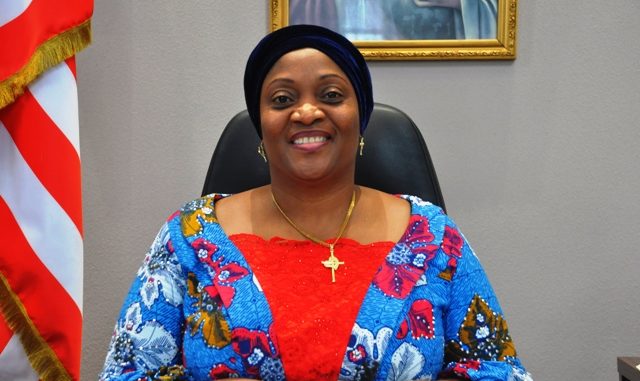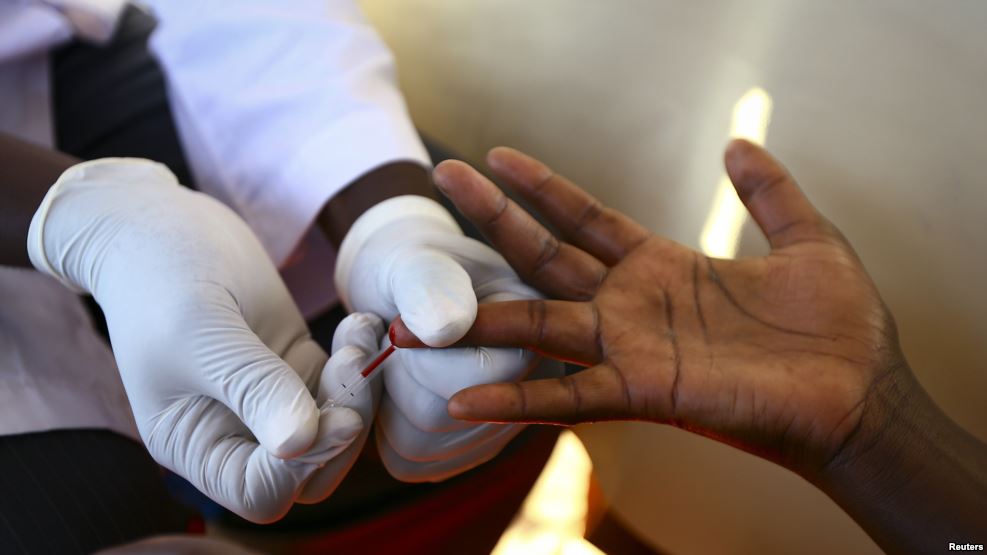Globally, countries are faced with different problems and challenges in their health system which calls for more innovations and creativeness.
Africa, like every other nation in the world, has its fair share of issues that have hindered effectiveness in the health care sector. Such challenges range from health infrastructural challenges, and lack of adequate skilled force to inefficient service delivery and illiteracy.
Other healthcare problems prevalent in Africa include lack of access to proper health care facilities and the cost of accessing health care among others.
African Governments have undertaken various measures to address the challenges facing the health sector to make sure that everyone gets the needed health care when needed. It is in light of this that some African countries have introduced social health insurance schemes.
The challenges have also opened up the health sector for the participation of the private sector which has brought about some bits of improvement though at a very huge cost for citizens.
Despite efforts by the government and the private sector involvement in bringing the African health sector to be at its best, the sector still faces many challenges which have put the lives of the majority of the population at the mercy of luck.
These challenges have created gaps which have hitherto brought about opportunities for innovative disruptions to improve health care service delivery across African countries.
These disruptive innovations have erupted in almost all industries including media, telecom, finance, retail and co. People have embraced the innovations which have given rise to more affordable, convenient and accessible products and services that have made life easier.
The African health sector has also experienced health care stakeholders investing and engaging in disruptive innovations to improve their services.
If disruptive innovations are the way to go for the African health sector. What then does this terminology mean?
Disruptive innovation is a process by which a product or service takes root initially in simple applications at the bottom of a market and then relentlessly moves up the market, eventually displacing established competitors.
In healthcare, disruption often shifts care from hospitals to clinics and office settings, and even into patients’ homes.
Disruptive innovations through the utilization of information and communication technologies are increasingly being deployed as a tool to improve the efficiency of healthcare service delivery in Africa.
The innovations are filling the gaps of inadequacy on the continent because Africa needs low-cost healthcare solutions that are easily accessible to the masses. These innovations offer vast opportunities for changing the face of the health sector on the continent.
There are various forms of disruptive innovations in Africa’s health care system but the most cited are omics technologies, mobile health applications, telemedicine, health informatics and retail clinics.
Some of these innovations have enjoyed more patronage due to their easy accessibility nature and convenience.
Retail clinics are walk-in clinics located in retail stores, supermarkets, and pharmacies that treat uncomplicated minor illnesses and provide preventive health care services.
They have increased access to health care facilities due to their convenient nature.
Mobile Health applications on their own are programs that use smartphone’s inbuilt tools, such as the Global Positioning System (GPS), accelerometer, microphone, speaker, and camera to automatically detect and measure health-related behaviours.
Among them, Telemedicine is the most obvious which has been highly embraced across African countries.
Telemedicine is the practice of medicine using technology to deliver care at a distance. It involves a physician in one location using a telecommunications infrastructure to deliver care to a patient at a distant site.
It allows long-distance patient and clinician contact, care, advice, reminders, education, intervention, monitoring, and remote admissions.
It includes the use of computer technologies, remote sensing and monitoring, and telemetry devices.
Telemedicine supports the delivery of healthcare, public health, and health education services at a distance, as well as provides a collaboratory platform for sharing knowledge and expertise and engaging communities in participatory research.
Above all, Telemedicine has been tagged and tested to be a very effective low-cost innovation that offers huge opportunities for developing nations.
It benefits both patients and health care providers. For the Patients, benefits of Telemedicine include increased healthcare delivery to remote communities, better linkages between patients, primary care physicians and specialists; increased access to quality healthcare as well as reduced cost while for the healthcare workers, they stand to gain better coordination between providers at various levels of care and increased access to specialist training.
Using telemedicine services is very easy as it uses an online account or a toll-free phone number. It requires Patients to request a visit, submit basic information on their condition, and then the physician either accepts or declines the visit or schedules it for the future.
Telemedicine services available in Africa include neonatal care, maternal and child healthcare; intensive-care services; trauma care; occupational healthcare, mental health services; nutritional health; radiological services, and e-pharmacy services among others.
The use of Telemedicine in Africa has so far produced positive outcomes such as improved care, better awareness, and education and it is expected that if improved on can lead to the strengthening of the healthcare system across countries in Africa.
A good example of this healthcare innovation is the e-health start-up, ConnectMed, an online medical service in Kenya that is taking e-health services to a new level.
ConnectMed allows patients to access doctors through a video link on their computers, tablets, or smartphones and get prescriptions, sick notes, and referrals. And for patients without internet access, the company also has physical stations with computers in locations such as pharmacies and cyber cafés.
There is also Kangpe Health, a mobile app started by a doctor in Nigeria, which provides a platform for patients to send in their medical questions to which medical personnel provide answers or refer them to appropriate doctors.
Other start-ups that provide similar services in various areas of medicine across the nations of Africa include Africa in Kenya, Matibabu in Uganda, which focuses on malaria, and South Africa’s Hello Doctor.
Telemedicine and digital healthcare methods are still at an early stage in
Africa compared to the rest of the world. This is so as some African countries are yet to fully embrace the use of technology to advance the cause of health care across the continent.
To ensure that the continent gets it right, African governments will need to fully embrace the innovations of telemedicine as a matter of urgency to grow their health sector as telemedicine has been identified as the future of medicine.
To achieve much with telemedicine, African countries need to do more in the area of addressing infrastructural hindrances such as poor electricity, internet access, and cellular network coverage.
This is important because most African countries rank poorly in terms of internet speed in the world and to get the best out of Telemedicine, good network coverage and infrastructure must be available.
Likewise, governments must also formulate the right policies needed to guide the implementation of Telemedicine across Africa within the ethical confines of medical practice.
It must collaborate with stakeholders in the health sector to come up with regulations on the scope of care, as well as the criteria for practitioners.


